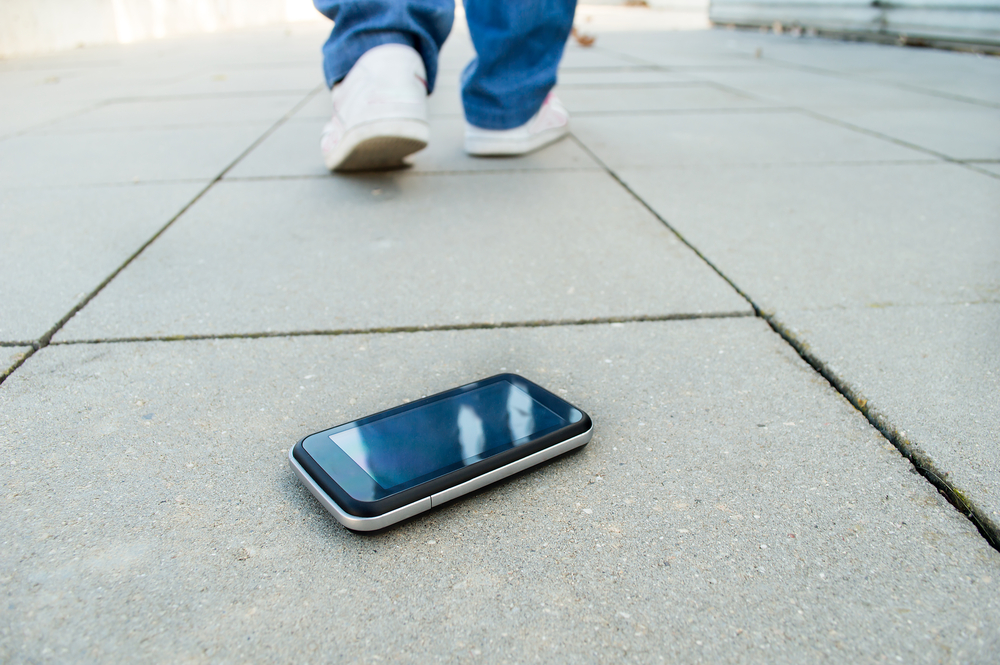Marketers are desperate to grab the attention of screen-worshipping Millennials, but are digital audiences becoming disillusioned? According to new research from digital marketing agency Greenlight, one in four Brits are planning to take a ‘digital detox’ this year, taking a breather from their digital lives.
With the average Brit now spending almost three hours a day online according to figures from the Internet Advertising Bureau, Greenlight commissioned the study to assess how consumer use of social media and digital devices is likely to change in the future.
Following the example set by celebrities such as Ed Sheeran, Adele, and Russell Brand who have spoken publically about ‘taking a break’ from the web to concentrate on creative projects, around one in twenty Brits are seeking more time away from digital devices.
> See also: Do you need a digital detox? Take the quiz
A growing number of people are trying to cut down on their use of social media, while 53% want to spend more quality time with loved ones offline.
Some 6% intend to use apps less, and 5% will reduce the size of their social media networks.
Meanwhile, 3% of Brits are thinking about taking a full ‘digital detox’ vacation where the use of technology is banned.
Information overload appears to be the driving force behind the trend- 40% said they were frustrated by the volume of updates that they see from old friends or acquaintances, while more than a quarter 28% are irritated by the constant stream of often irrelevant or annoying updates from brands.
24% said that too much time on social media or digital devices negatively impacted their performance at work, and a third said they were fed up of ‘digital envy’ when seeing other people’s lives on social media.
‘We’re a nation of gadget and social media lovers,’ said Andreas Pouros, Greenlight COO and co-founder. ‘But it appears you can have too much of a good thing.’
> See also: Why robots will never replace humans in marketing
‘Our research suggests that spending more time online doesn’t necessarily equate to a greater degree of happiness for many people. In fact, many of the people that we surveyed would rather hear a little less from friends and family online, in favour of spending more quality time together offline.’
From smart jewellry designed to help create a more balanced relationship between people and their technology, to ‘digital detox’ holidays, going offline is set to be a trend in 2016.
Pouros warns that the trend could mean a change of tack for marketers looking to get the balance right between engaging with digital audiences and not bombarding them with more information they’d rather ignore.
‘As consumers become choosier about who and what they pay attention to, marketers must evaluate how they engage with audiences online,’ said Pouros. ‘Greater targeting and more relevant communication is essential if marketers are to cut through the noise and drive results.’







